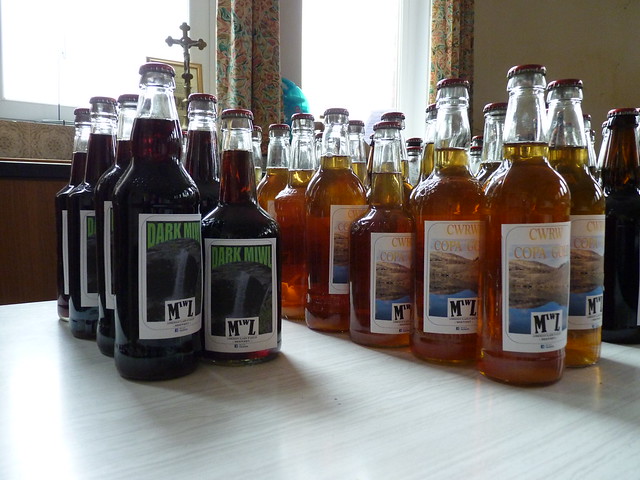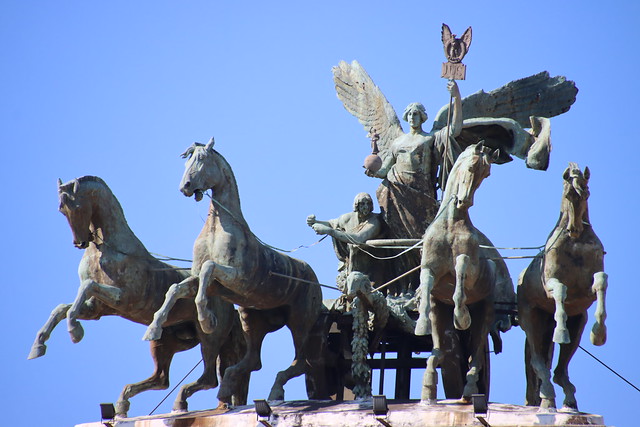Podcast: Play in new window | Download
Today we are burrowing into the origins of the word rabbit.
A rabbit [ˈɹæbɪt] is:
- a mammal of the family Leporidae, with long ears, long hind legs and a short, fluffy tail.
It comes from the Middle English rabet(te) (young rabbit), from the Middle French *robotte/rabotte or the Anglo-Latin rabettus, from the Old French rabotte, probably from the Middle Dutch / West Flemish robbe (rabbit, seal). Beyond that its origins are uncertain [source].
Until the 19th century a rabbit was a young rabbit, while an adult rabbit was con(e)y (rabbit, hyrax), which comes from the Anglo-Norman conis (rabbits), from the Vulgar Latin *cuniclus (rabbit), from the Latin cuniculus (rabbit), from the Ancient Greek κύνικλος (kúniklos – rabbit), which probably comes from Iberian or Celtiberian [source].
Words from the same root include cuniculus (a burrow or low underground passage) in Englsh, coniglio (rabbit), cunicolo (tunnel, burrow, wormhole) in Italian, conejo (rabbit) in Spanish, and cwningen (rabbit, hyrax) in Welsh [source].
In Old English the word for rabbit, and hare, was hara [ˈhɑ.rɑ], which is the root of the word hare, and comes from the Proto-Germanic *hasô [ˈxɑ.sɔːː] (hare), from the Proto-Indo-European *ḱeh₂s- (grey) [source].
Another word for rabbit is bunny, which probably comes from the Scots bun(n) (the tail of a rabbit or hare), from the Scottish Gaelic bun (base, bottom, source, butt, stump), from the Old Irish bun (base, butt, foot), from the Proto-Celtic *bonus (foundation, base, butt) [source].
Here’s a video I made of this information:
Video made with Doodly [afflilate link].
I also write about words, etymology and other language-related topics on the Omniglot Blog, and I explore etymological connections between Celtic languages on the Celtiadur.
You can also listen to this podcast on: Apple Podcasts, Amazon Music, Stitcher, TuneIn, Podchaser, PlayerFM or podtail.
If you would like to support this podcast, you can make a donation via PayPal or Patreon, or contribute to Omniglot in other ways.










